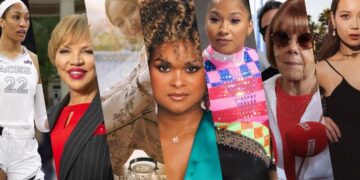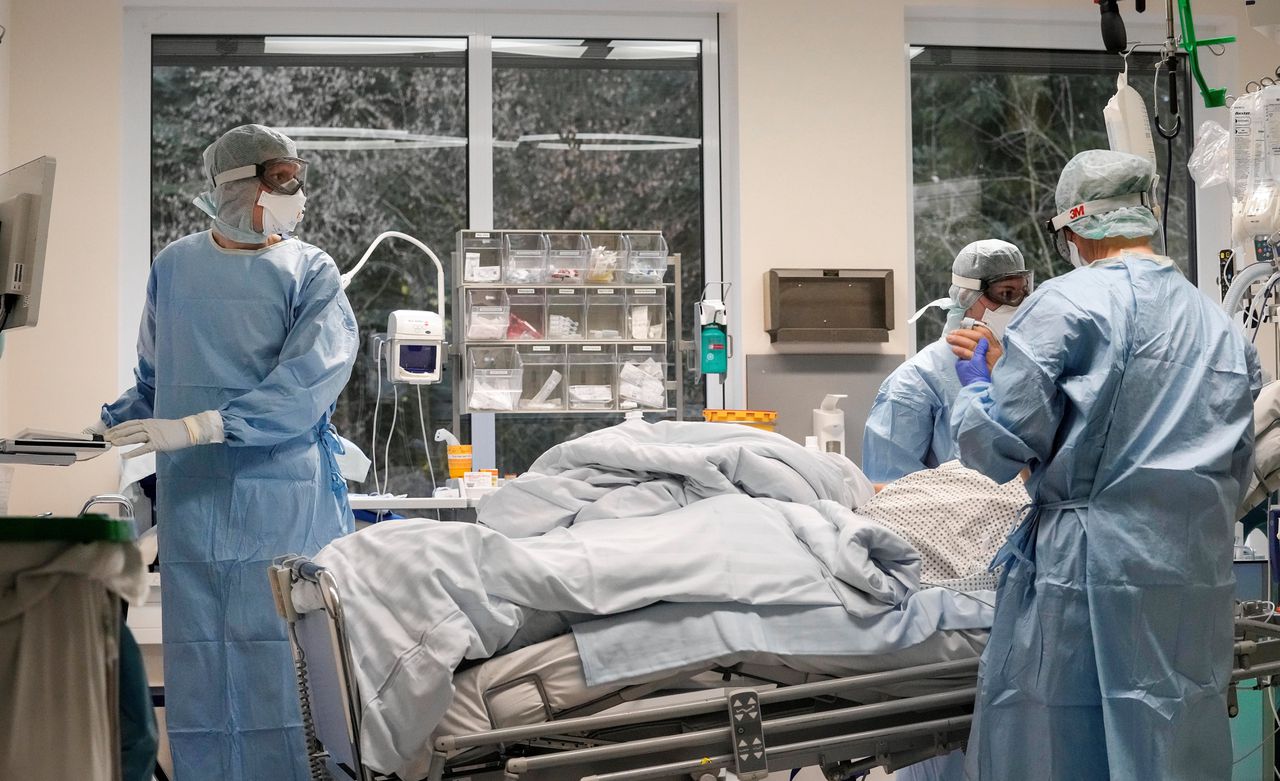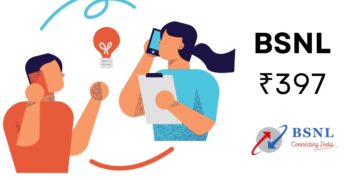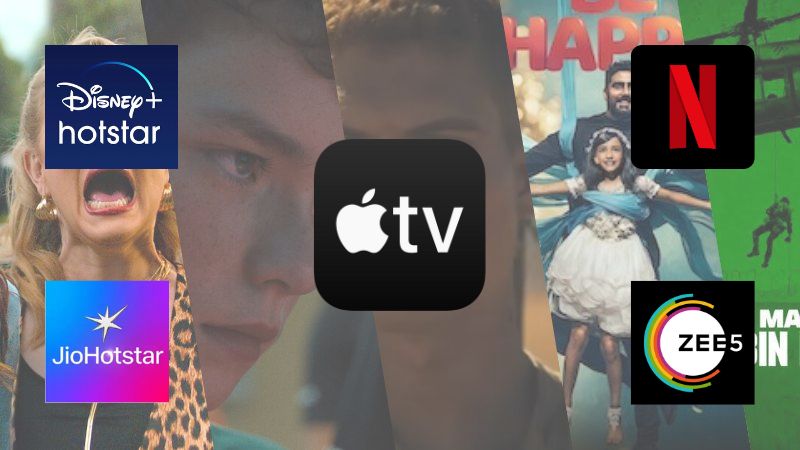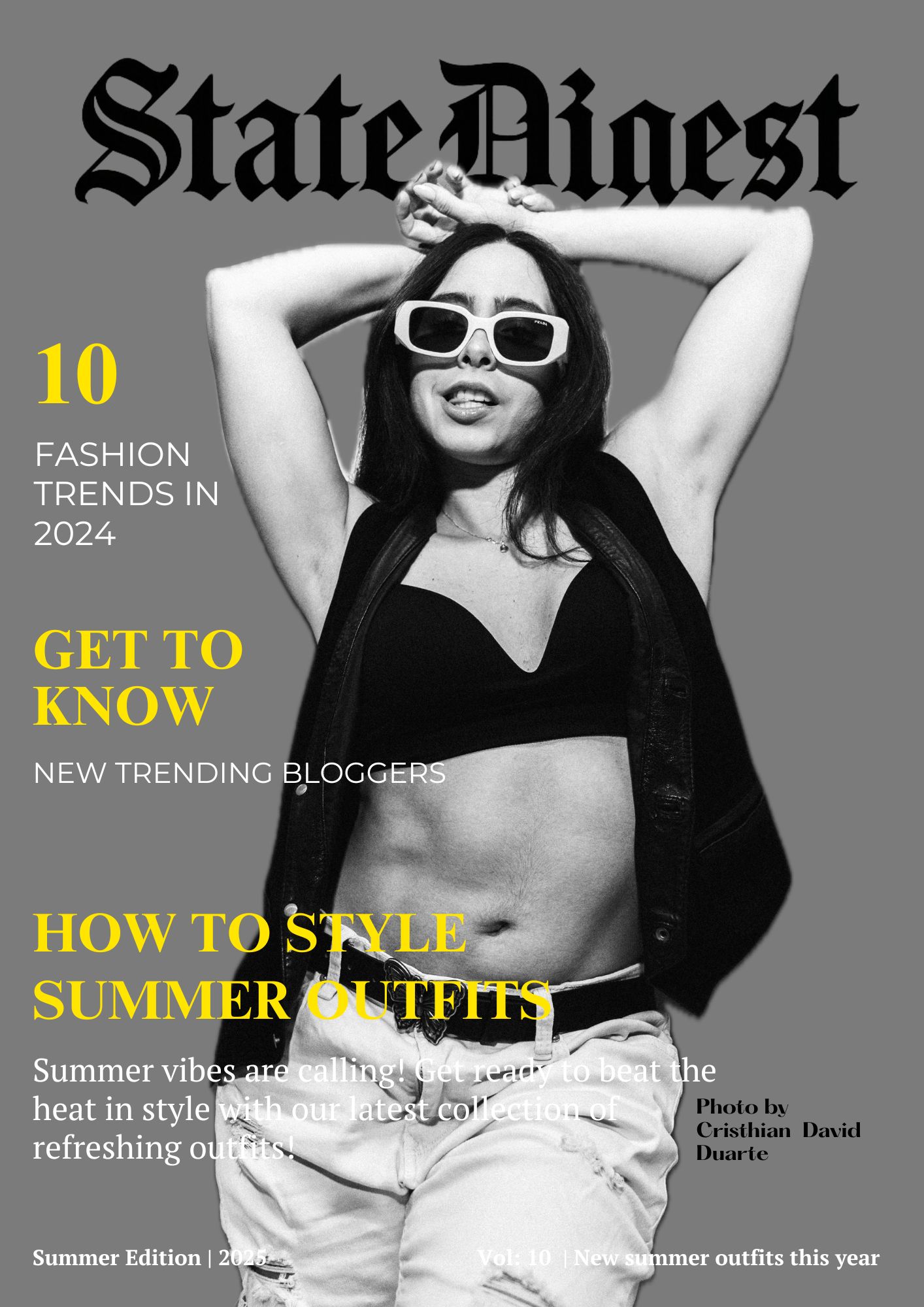For a long time, uterine fibroids — noncancerous growths in or around the uterus — were spoken about in whispers, if at all. Many women lived with heavy bleeding, cramps, bloating, or fertility challenges without having a name for it, brushing it off as “normal women’s problems”. But lately, things are shifting. And one of the biggest reasons behind this change is the courage of celebrities who have chosen to speak openly about their experiences.
When well-known faces share their health struggles, the world tends to listen differently. Serena Williams has spoken about her painful encounters with fibroids. Gabrielle Union has opened up about her fertility challenges linked to the condition. Even actress Cynthia Bailey from The Real Housewives of Atlanta shared how fibroids impacted her body and confidence before she underwent treatment. These stories are not just personal confessions; they become sparks that ignite larger conversations, breaking the taboo around women’s reproductive health. Suddenly, what was once hidden becomes a topic on talk shows, podcasts, and social media feeds, encouraging everyday women to recognize their own symptoms and seek help.
Fibroids can cause a variety of symptoms — heavy or prolonged periods, pelvic pain, frequent urination, bloating, and in some cases, complications during pregnancy. Yet, not every woman experiences them in the same way. Some may only discover them during routine check-ups, while others may find their daily life disrupted by the severity of symptoms. What’s remarkable about celebrity stories is that they remind us of something vital: even the strongest, most successful women are not immune to silent health struggles. Their openness helps remove shame and makes space for empathy.
The impact of this rising awareness is already visible. More women are approaching doctors earlier, asking informed questions, and exploring options ranging from medication to minimally invasive surgeries. Online communities have also blossomed, where women share experiences, advice, and reassurance. And beyond medical help, there is a cultural shift — periods and reproductive health are no longer being dismissed as private, uncomfortable topics but are instead entering mainstream conversations.
Of course, celebrity voices can only start the conversation; what sustains it is the courage of countless ordinary women who step forward, tell their stories, and support each other. Each voice adds to a movement where silence is replaced by solidarity. And maybe that’s the most powerful outcome — realising that talking about our struggles is not a weakness but a bridge to healing.
So the next time you hear a celebrity share her story about fibroids, remember that it’s not just about fame; it’s about creating a ripple effect. A reminder that behind the spotlight, women everywhere share the same battles. And by speaking up, they’re giving others the courage to say, “I’m not alone, and my health matters too.”























